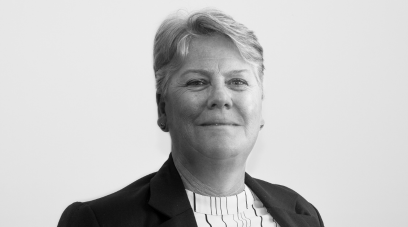Binding death benefit nominations
Binding death benefit nominations are an important part of estate planning. Let Stacks help you get it right so that when you pass away, your superannuation entitlements end up in the right hands.
Your superannuation entitlements are a valuable part of your wealth. But many people fail to consider their super within their overall estate planning. Writing a will does not necessarily ensure that your super will go to the people you intend it to. Only by creating a carefully worded binding death benefit nomination can you be sure that your superannuation death benefits will end up in the right hands.
In the absence of a binding death benefit nomination, the trustee of your superannuation fund (whether it be an industry fund or a self-managed superannuation fund) has a discretion in respect of the payment of death benefits. In other words, they have the power to allocate your death benefit entitlements to your dependants as they see fit. But with a binding death benefit nomination, the trustee of your super fund must follow your directions precisely.
It is essential that you get proper advice about what will happen to your superannuation entitlements, and that you put the appropriate strategies in place to ensure your wishes are set in stone.
A member of the Stacks wealth growth and protection team can answer any questions you have about creating a binding death benefit nomination. We will ensure that your instructions are carefully worded, so that there is no room for misinterpretation down the track.
Need help setting up a binding death benefit nomination? Speak to the specialist wealth protection lawyers at Stacks.























